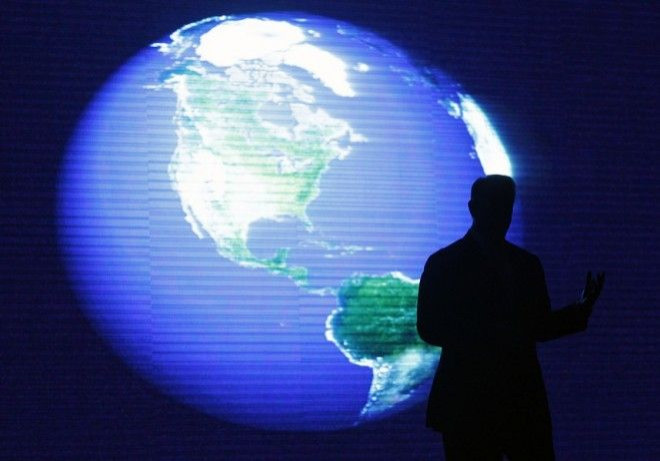Global Warming Beliefs Based On Current Temperature

By all accounts, global warming is a complex scientific idea, one that should not be easily dissected into a quick summarization.
However, according a team of scientific researchers, that's exactly what most people do when it comes to global warming. The study, conducted by the Columbia Business School's Center for Decision Sciences', found those who thought the current day was warmer than usual were more likely to believe in and feel concern about global warming than those who thought the day was unusually cold.
The team talked with 1,200 people in the United States and Australia in three different studies in order to determine their opinions about global warming and whether the temperature on the day of the study was warmer or cooler than usual. It shows how views on global warming fluctuate since a lot of people base their thinking on the current temperature. When it was cold, people doubted global warming. When it was hot, they feared it.
Global warming is so complex, it appears some people are ready to be persuaded by whether their own day is warmer or cooler than usual, rather than think about whether the entire world is becoming warmer or cooler. It is striking that society has spent so much money, time and effort educating people about this issue, yet people are still so easily influenced, said lead author Ye Li, a postdoctoral researcher at the Center for Decision Sciences.
The study was recently featured in Psychological Science.
Follow Gabriel Perna on Twitter at @GabrielSPerna
© Copyright IBTimes 2025. All rights reserved.





















